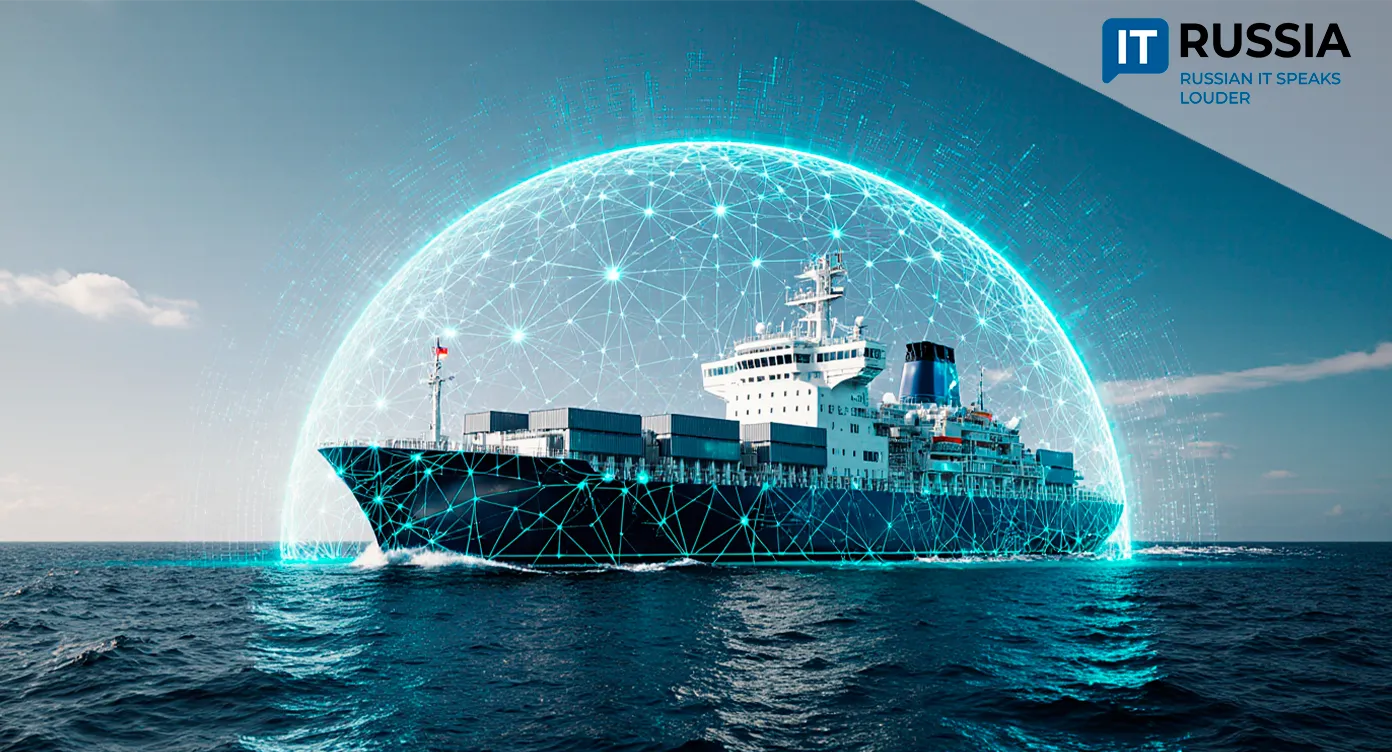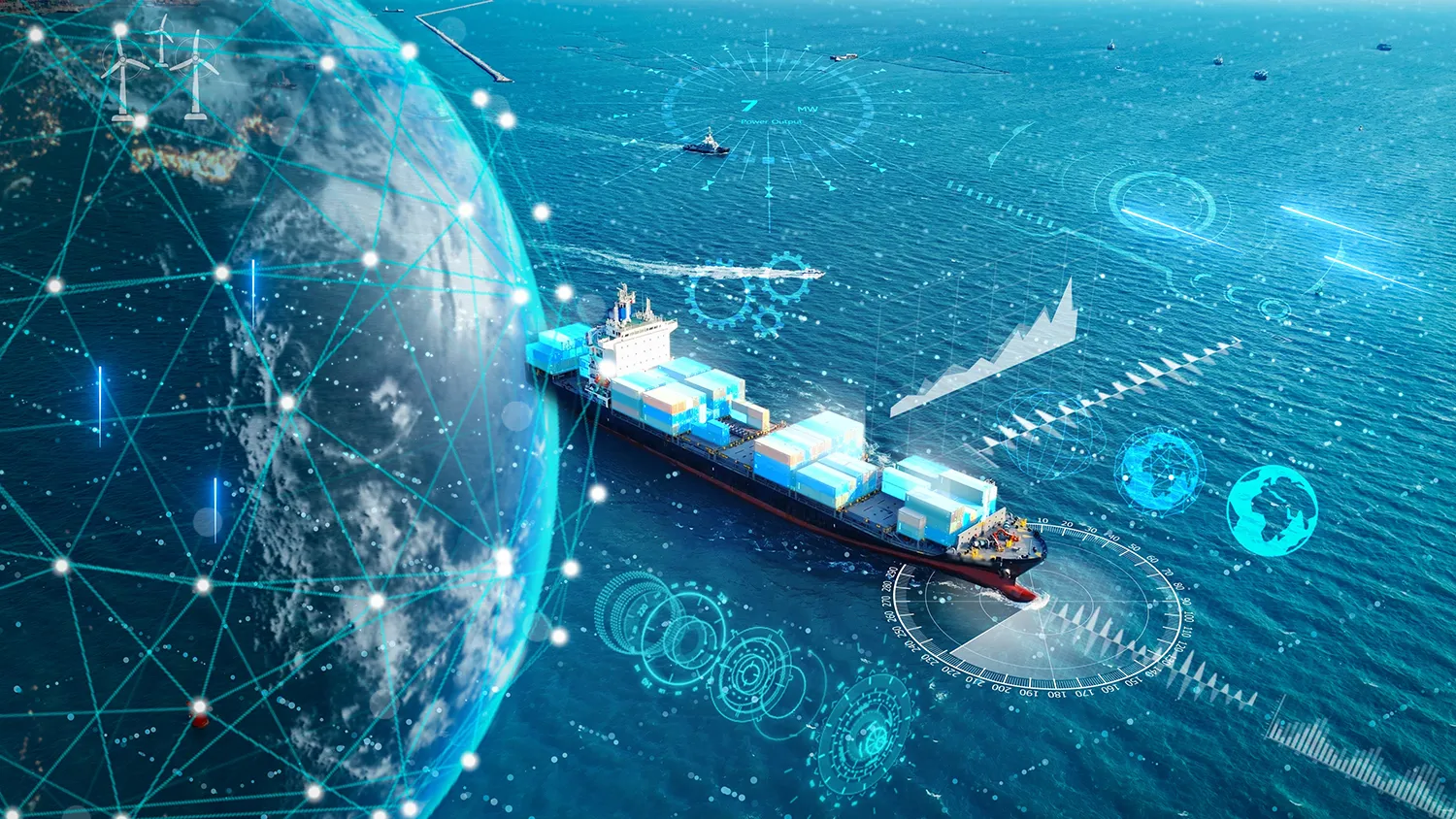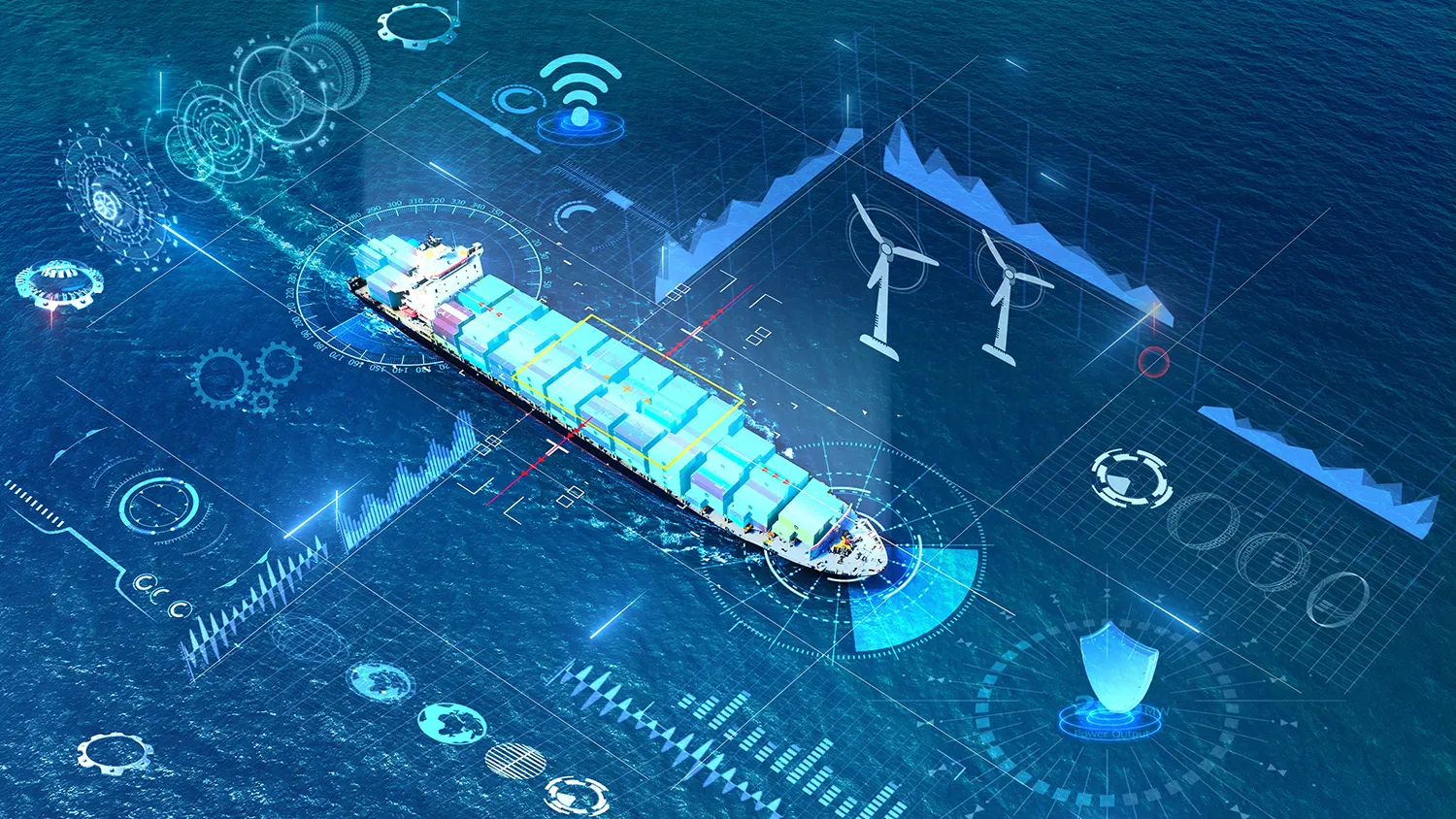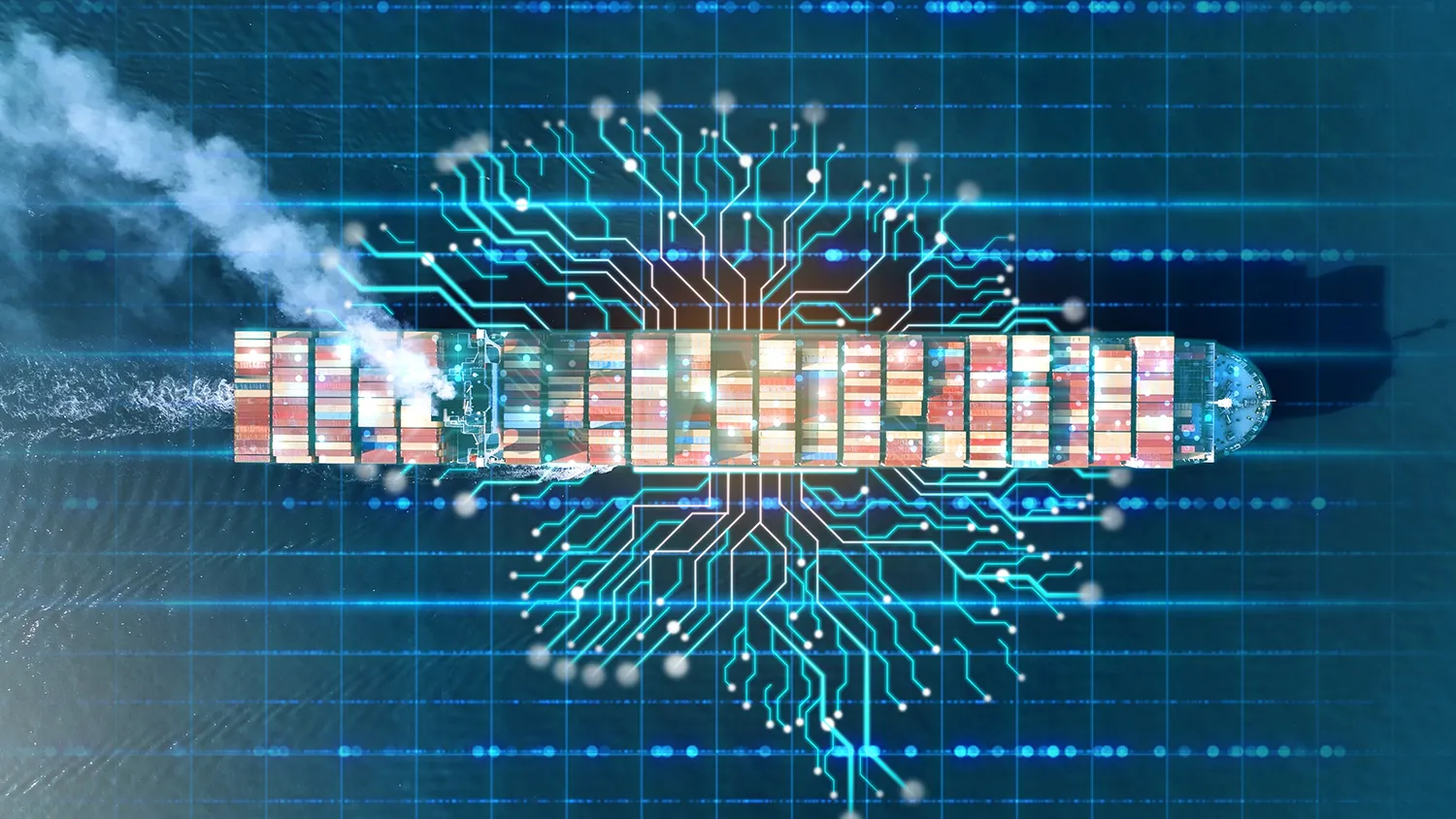Setting Industry Standards: What Ensures Cybersecurity at Sea

St. Petersburg–based Cyber Neva is building cyber-resilient systems for maritime vessels and integrating modern standards and technologies into the industry.
Protection Against Technological Accidents
Russia’s fleet and shipyards are only beginning to adopt systematic approaches to cybersecurity, but Cyber Neva has already become a leader in the field. CEO Evgeniya Guzenko notes that the future of shipping will be defined by autonomous vessels, AI, multisystem integration, and the need for big data specialists. End-to-end network segmentation, continuous anomaly monitoring, multifactor authentication, and security-by-design practices will soon become industry standards. The rise of remote audits and software updates requires not only technical measures but also improvements in regulation.
Today, shipyards, shipowners, and equipment manufacturers are already deploying practical security solutions. The creation of the 'CYBER' classification strengthens the reliability and reputation of Russian vessels. Citizens benefit through protection against accidents caused by cyber incidents and enhanced crew and environmental safety. Improved cybersecurity also boosts the competitiveness of Russian solutions on the global stage—particularly in autonomous shipping, remote monitoring, and logistics digitalization projects.

AI for Anomaly Detection
With trends toward vessel autonomy and the integration of big data, AI, and VR/AR training, Russian platforms may soon be exported for remote audits, partial certification automation, and remote control. By 2030, experts expect all vessels to be cyber-certified. Expanded protection will also cover cargo and passenger segments, alongside enhanced crew preparedness, response planning, and remote monitoring.
Potential applications include automatic compliance with IEC 62443 and IACS UR E26/E27 standards, VR/AR training for crews, AI-powered anomaly detection, and embedding security-by-design measures directly into vessel systems. Industry shifts will focus on network segmentation, continuous monitoring of anomalous activity, multifactor authentication, and integrated defenses from the design stage. The growing practice of remote audits and software updates requires both technological advances and updated legal frameworks.

Implementing Security Protocols
Around 2018, companies began to view cyber risks in the maritime sector as genuine threats. AIS and navigation vulnerabilities, along with ports’ low preparedness for attacks, became pressing concerns. Although few cyberattack scenarios could at the time be directly tied to transport safety incidents, these risks gained attention at the national policy level.
Today, issues such as GPS spoofing, AIS manipulation, and malware attacks through communications systems dominate global security agendas. Core navigation systems (GPS, AIS, and ECDIS) depend on radio frequency transmissions, making them highly vulnerable to unauthorized access. Since the International Maritime Organization’s Manila amendments in 2010, AIS and ECDIS have been mandatory for large commercial and passenger vessels. This requirement has heightened the urgency for shipowners to adopt robust security measures and protocols.
In Russia, comprehensive audits and statistics were once lacking. Cyber Neva became one of the first companies to provide methodological and practical solutions. The firm integrates certified tools, implements topological network segmentation, and develops 'security passports' for ship systems.

Regular Audits and Monitoring
It is crucial for the maritime community to understand the principles of information systems and cybersecurity. Guzenko stresses a key trend: cybersecurity is no longer an optional add-on but a mandatory component of vessel design and operation. Companies like Cyber Neva are building the infrastructure—tools, training, and audit processes—that will form industry-wide 'CYBER-class' standards.
By 2030, cyber resilience is expected to be the norm, with regular audits, automated testing, remote control, and monitoring. AI, VR/AR, and automatic compliance tools are also set for broad deployment. Rising awareness among shipyards, insurers, and regulators will accelerate the digital transformation of maritime security.










































